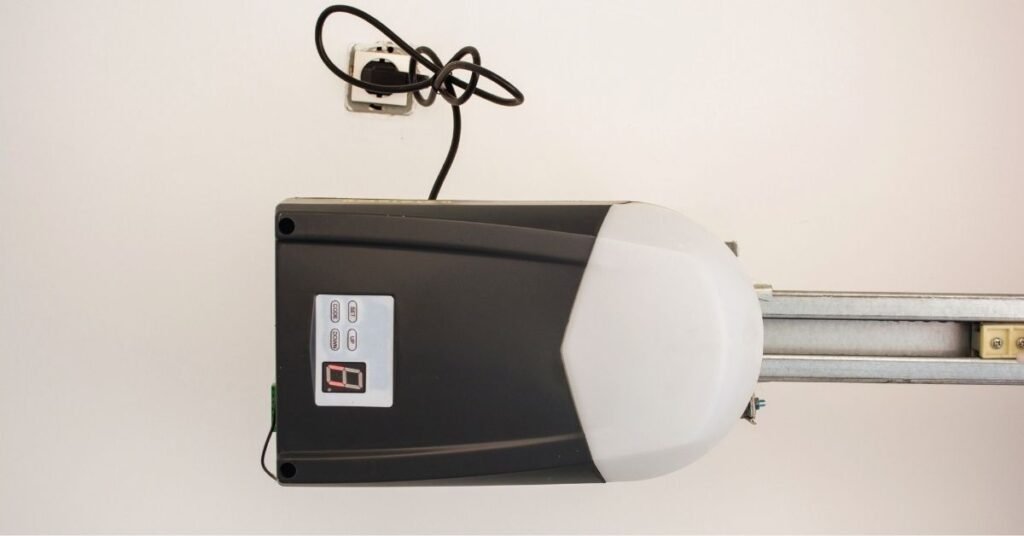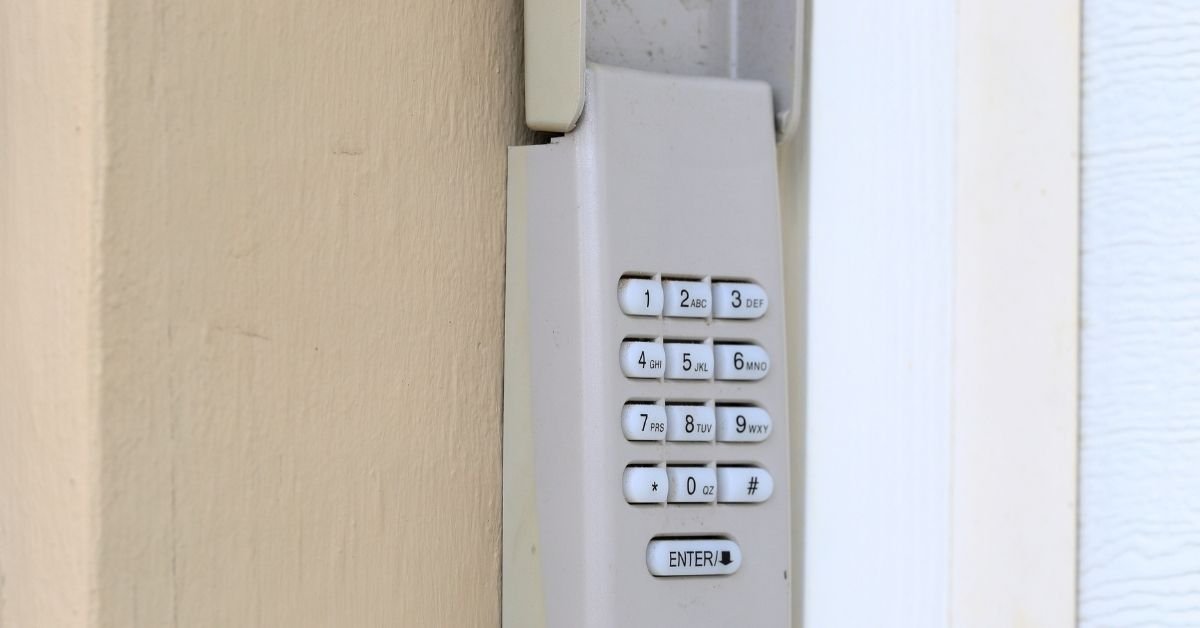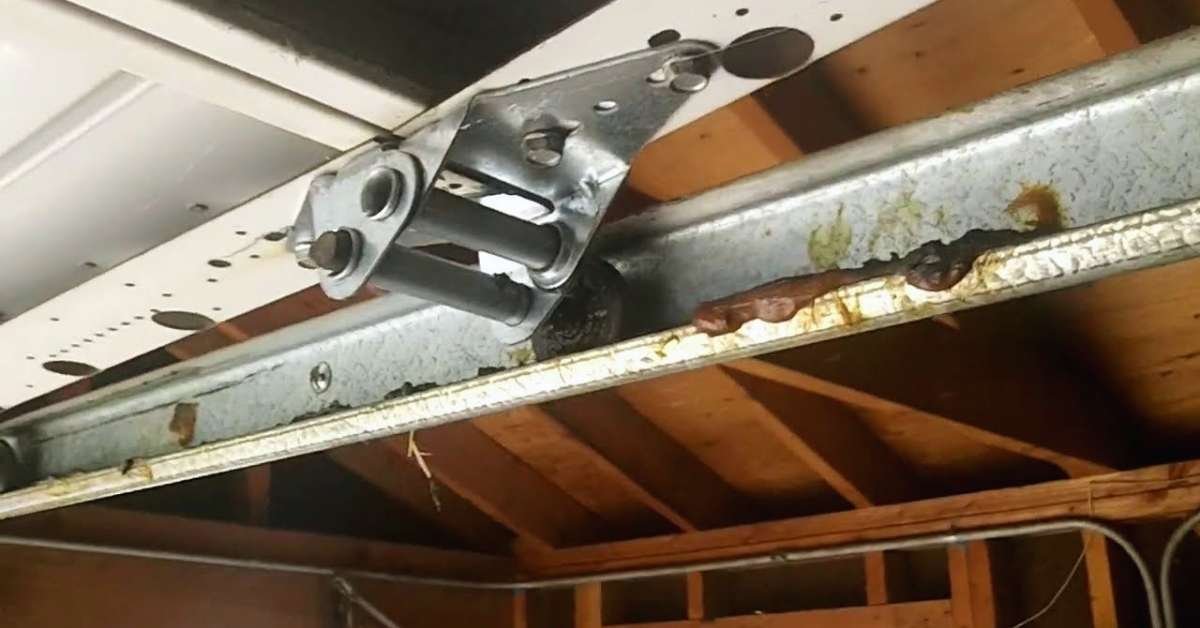Can a Garage Door Opener Be Too Powerful? Understanding The Risks And Best Choices
Is it too loud? Is it causing your garage door to shake uncontrollably? Or is it simply overkill for your needs? If you’ve been thinking Can A Garage Door Opener Be Too Powerful, you’re not alone. While power in a garage door opener can be beneficial, especially for heavier doors, there is such a thing as too much power. Let’s gather some knowledge about the world of garage door openers and explore their power ratings, common issues associated with overpowering, and how to find the right balance between power and functionality.
Table of Contents
What Is Garage Door Opener Power
When we talk about the power of a garage door opener, we’re usually referring to its motor’s strength. Garage door openers are generally categorized by their motor’s horsepower (HP). The standard range includes ⅓ HP, ½ HP, ¾ HP, and 1 HP. The higher the HP rating, the more powerful the motor, making it capable of lifting heavier garage doors. While a powerful garage door opener can be a blessing, it’s important to choose the right amount of power for your specific needs. An overpowered opener can lead to several issues, and we’ll explore those shortly.

Common Issues With Overpowering
Noise And Vibration: One of the most common issues with an overly powerful garage door opener is the noise it generates. When you have more power than needed, the motor tends to operate at a higher volume. The additional vibrations can lead to a noisier and shakier experience each time you use the garage door.
Door Wear And Tear: Excessive power can cause unnecessary stress on your garage door, its tracks, and other components. Over time, this stress can lead to wear and tear, reducing the lifespan of your door and requiring more frequent maintenance.
Safety Concerns: Overpowering a garage door opener can also raise safety concerns. An excessively powerful opener may not detect obstacles or changes in resistance, potentially posing a safety hazard to children, pets, or objects in the door’s path.
Higher Energy Consumption: Powerful motors generally consume more electricity. While this may not be a primary concern, it can result in higher utility bills over time.
Finding The Right Balance
The key is to strike a balance between power and efficiency when choosing a garage door opener. You want a motor that’s capable of handling your door’s weight without overdoing it.
To Determine The Right Amount Of Power, Consider The Following Factors:
Door Weight: Know the weight of your garage door. A heavier door generally requires more power.
Door Material: The material of your garage door can influence the power you need. Wooden doors are heavier and may require a stronger motor.
Door Size: The size of the door also plays a role. Larger doors need more powerful openers.
Frequency of Use: If your garage door sees frequent use, it may benefit from a more powerful motor.
Additional Features: If you have a smart garage door opener or advanced safety features, these may require a slightly more powerful motor. By considering these factors, you can make an informed decision when choosing a garage door opener. It’s mandatory to avoid under powering, as this can lead to another set of issues, such as straining the motor and causing it to overheat. Ultimately, the goal is to match your opener’s power with your specific needs for a smoother and quieter operation.
How To Avoid Overpowering Your Garage Door
Now that you understand the potential problems associated with an overly powerful garage door opener, let’s explore how to avoid this issue:
Measure Your Garage Door’s Weight: Measuring your garage door’s weight is a technical step. You can find this information in your door’s user manual or by consulting the manufacturer. Knowing the weight will help you select an opener with the appropriate horsepower.
Select The Right Horsepower: Match the garage door opener’s horsepower to your door’s weight.
As a Rule Of Thumb:
- For single-car garage doors: ⅓ HP is usually sufficient.
- For double-car garage doors: Consider ½ HP or higher.
Consider Door Material: If your garage door is made of heavy materials like wood, it may require a more powerful opener. Insulated doors are also heavier, so keep that in mind.
Think About Daily Usage: If your garage door is opened and closed several times a day, you may need a more robust motor. Frequent use can strain the opener if it’s under powered.
Evaluate Additional Features: If your opener comes with extra features like battery backup, Wi-Fi connectivity, or advanced security systems, make sure the motor’s horsepower is compatible with these functionalities.
Consult A Professional: When in doubt, it’s wise to seek the advice of a professional garage door installer. They can assess your specific situation and recommend the most suitable opener for your needs.
Regular Maintenance: Even if you have the right horsepower, it’s essential to maintain your garage door and opener.
Regular lubrication and inspection can prolong the life of your system and ensure it operates smoothly.
Real-World Scenarios: Choosing The Right Garage Door Opener
In this section, we’ll present several real-world scenarios that highlight the importance of selecting the appropriate horsepower for your garage door opener:

Scenario 1: The Noisy Nuisance
Meet Tom, a homeowner who decided to install a powerful garage door opener on his single-car garage door. While it’s capable of handling larger doors, the excessive power results in unnecessary noise each time the door opens or closes. Tom soon realizes that the vibrations and loud motor noise are not only irritating but also disturbing his family and neighbors.
Lesson Learned: Tom’s situation demonstrates that overpowering your garage door opener can lead to excessive noise pollution. It’s important to consider not only the motor’s strength but also its impact on your daily life and surroundings.
Scenario 2: The Frequent Frustration
Now, let’s introduce Sarah, a homeowner with a busy family. Her double-car garage door opener has a motor that struggles to handle the daily usage of multiple family members. It’s frustrating when the opener frequently overheats, leading to breakdowns and delays during hectic mornings.
Lesson Learned: Sarah’s experience shows that an under powered opener can lead to constant breakdowns and delays. It’s important to match the opener’s horsepower with the door’s weight and the frequency of use.
Scenario 3: The Energy Guzzler
Meet Alex, An Eco-Conscious Homeowner:
He installed a high-horsepower garage door opener, unaware that it consumes more energy than necessary. Over time, he noticed a significant increase in his energy bills. While he desired a powerful opener, it came at the cost of higher electricity consumption.
Lesson Learned: Alex’s situation highlights the importance of energy efficiency. Choosing an opener that aligns with your garage door’s needs can prevent unnecessary energy consumption. These real-world scenarios demonstrate the practical implications of garage door opener selection. By matching the opener’s horsepower to your specific circumstances, you can avoid the common pitfalls that homeowners like Tom, Sarah, and Alex encountered.
Final Thought
In your quest for the perfect garage door opener, it’s important to maintain the right balance between power and functionality. An excessively powerful opener can lead to issues like noise, wear and tear, safety concerns, and higher energy consumption. On the other hand, under powering can strain the motor and reduce its lifespan. By considering factors like your garage door’s weight, material, size, daily usage, and additional features, you can make an informed choice. The goal is to have an opener that meets your needs without overdoing it, ensuring a smoother, quieter, and more reliable garage door operation.
In conclusion, garage door openers can indeed be too powerful, leading to issues like noise, wear and tear, safety concerns, and increased energy consumption. Selecting the right garage door opener is essential for the long-term functionality and safety of your garage door system. Avoid the common issues associated with overpowering or under powering, and enjoy a hassle-free and efficient garage door operation.






